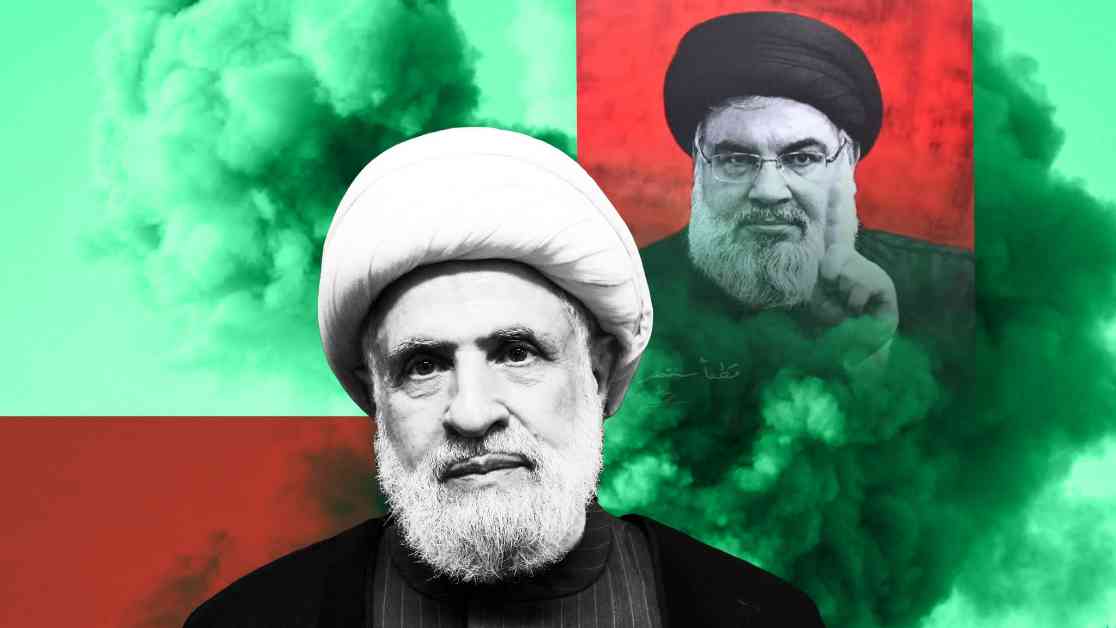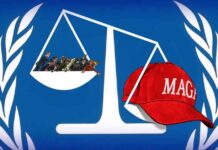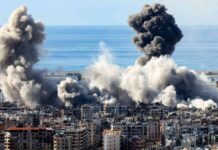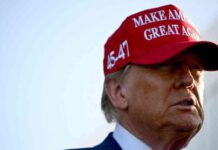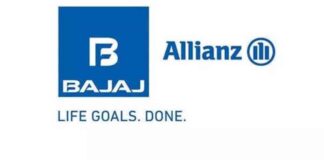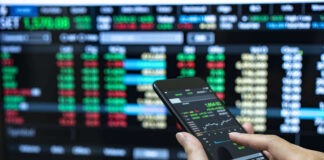Hizbollah, the Lebanese political and militant group, is facing a series of challenges and opportunities as it looks towards the future. The group, which has been a key player in Lebanese politics for decades, is now at a crossroads as it navigates both internal and external pressures.
Internally, Hizbollah is grappling with economic challenges in Lebanon. The country is facing a severe economic crisis, with soaring inflation, high unemployment rates, and a struggling currency. This economic turmoil is putting pressure on Hizbollah to deliver for its supporters, who are feeling the effects of the crisis in their daily lives.
Externally, Hizbollah is facing increased scrutiny and pressure from the international community. The group has long been designated as a terrorist organization by the United States and other Western countries, and its involvement in conflicts in Syria and Yemen has further raised concerns. This international pressure could limit Hizbollah’s ability to operate freely and access sources of funding.
Despite these challenges, Hizbollah also sees opportunities on the horizon. The group has gained significant influence in Lebanon through its political and social welfare activities, and it continues to have a strong base of support among Lebanese Shia Muslims. Hizbollah’s military wing is also seen as a powerful force in the region, with its involvement in conflicts in Syria and Iraq bolstering its reputation as a formidable fighting force.
Looking ahead, Hizbollah faces a balancing act as it seeks to maintain its influence and power in Lebanon while also navigating the challenges posed by the economic crisis and international pressure. The group will need to carefully strategize its next moves to ensure its survival and relevance in the face of these challenges.
In conclusion, the future of Hizbollah is uncertain as the group faces a series of challenges and opportunities. How Hizbollah navigates these obstacles will ultimately determine its fate in the years to come.

